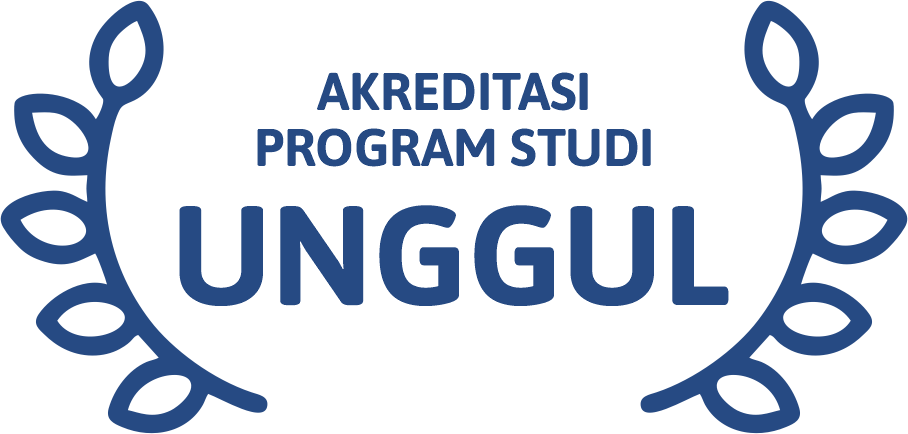The Faculty of Law of the Universitas Islam Indonesia (UII) held an International Student Colloquium (ISC) on Saturday, October 12, 2019. The ISC event with the theme Student’s Role in Law and Political Discourse: Digital Era Perspective was attended by four speakers, four presenters, and around 100 students. The event was the result of collaboration between the Judicial Council of International Program (JCI) and the International Undergraduate Program Faculty of Law UII.
There are several interesting happens in the ISC. First, the event was officially opened by Dodik Setiawan Nur Heriyanto SH. MH., L.LM., Ph.D. through video shows. This happened because there was a parents meeting of new student who had to be attended by all faculty leaders. n the five-minute video, Dodik Setiawan expressed his apology for not being able to open the event directly.
Second, ISC speakers are students from across countries. The keynote speaker was Professor Christopher Cason, B.A., J.D. who is an alumnae of the University of Washington. Professor Cason gave his presentation about the role of law students as future leaders. Besides Professor Cason, there were two other speakers, Nur Gemilang Mahardhika, SH, LLM, alumnae from the Post Graduate University of Melbourne, and Fasya Addina, SH, cLLM, students of New York University. Nur Gemilang delivered her scientific material on “Liberalized Students, in Liberalized Education System”. While Fasya delivered scientific material on international humanitarian law.
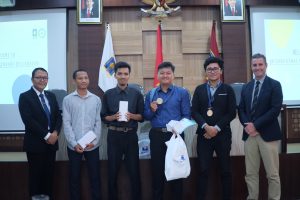
Third, Fasya delivered his presentation in a video taken directly from the United States, which was recorded the day before the ISC. Fasya who is currently studying in the United States cannot attend directly at ISC. According to Dodik Setiawan, as the committee as well as the Secretary of the Undergraduate Program Faculty of Law UII, the material that was intended to be delivered by Fasya was planned to be done directly from the United States via Skype, but was cancelled due to other activities that Fasya could not leave behind.
Fourth, there were four speakers whose papers were contested in the ISC. The four speakers then presented their papers in front of the participants. The results of the paper and presentation were then assessed by Dodik Setiawan and Professor Cason as the jury. From the four speakers, the best paper and best presentation categories were taken, each of which received a prize from faculty.

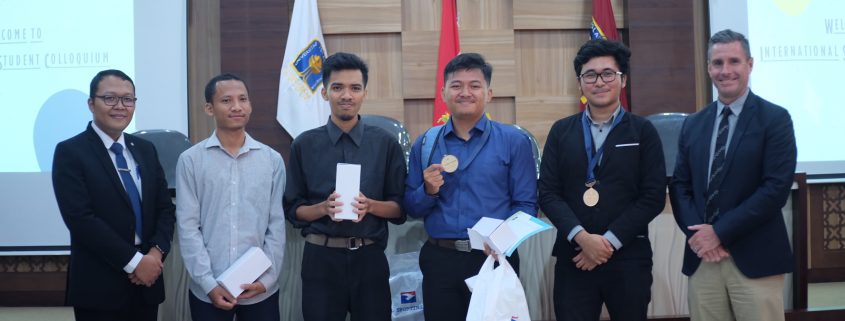
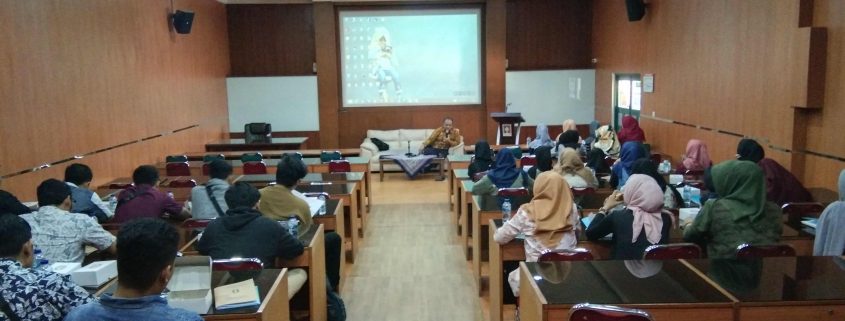
 sessions. According to the Head of the Ad Hoc Team of Internship, Eko Rial Nugroho, SH., MH., the internship implementation for this year is still the same as in previous years. “The stages are still the same, there is no change,” Eko added. The debriefing program is conducive. Students are divided into six different classes and get guidance on introductions about general things to technical matters.
sessions. According to the Head of the Ad Hoc Team of Internship, Eko Rial Nugroho, SH., MH., the internship implementation for this year is still the same as in previous years. “The stages are still the same, there is no change,” Eko added. The debriefing program is conducive. Students are divided into six different classes and get guidance on introductions about general things to technical matters.
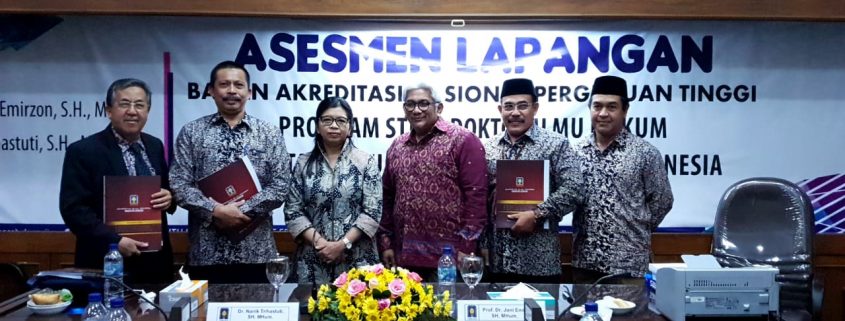
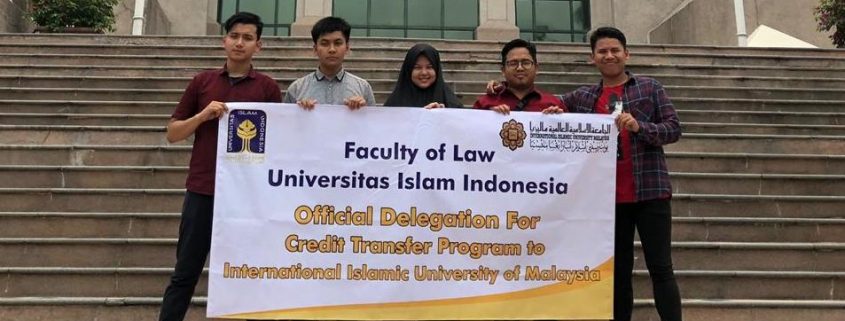
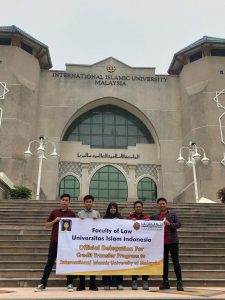 This program is a credit transfer program. Later these students will still study at AIKOL IIUM for one semester. The courses taken there will be transferred to courses at FH UII. “This is a very beneficial program for students, where they can learn the system and concept of law in Malaysia which has a different base from Indonesia. So that later these students can compare concepts in Indonesia and Malaysia, “said Yuwan. These students take six courses at AIKOL IIUM where one subject is three credits. This is the maximum amount a student can take there.
This program is a credit transfer program. Later these students will still study at AIKOL IIUM for one semester. The courses taken there will be transferred to courses at FH UII. “This is a very beneficial program for students, where they can learn the system and concept of law in Malaysia which has a different base from Indonesia. So that later these students can compare concepts in Indonesia and Malaysia, “said Yuwan. These students take six courses at AIKOL IIUM where one subject is three credits. This is the maximum amount a student can take there.
 The topic of the discussion is related with the development of Surabaya during her period of leadership which focuses on the 17 Sustainable Development Goals proposed by United Nations. She explained in regards with the obstacle and the opportunity had by Indonesia especially Surabaya. The other things that were explained by her including how to be a good and responsible leader based on her perspective. “To be a good leader you should not only focus on fulfilling your ego, instead your priority is your own people. I won’t let even one person in Surabaya starving for a day” she said.
The topic of the discussion is related with the development of Surabaya during her period of leadership which focuses on the 17 Sustainable Development Goals proposed by United Nations. She explained in regards with the obstacle and the opportunity had by Indonesia especially Surabaya. The other things that were explained by her including how to be a good and responsible leader based on her perspective. “To be a good leader you should not only focus on fulfilling your ego, instead your priority is your own people. I won’t let even one person in Surabaya starving for a day” she said.

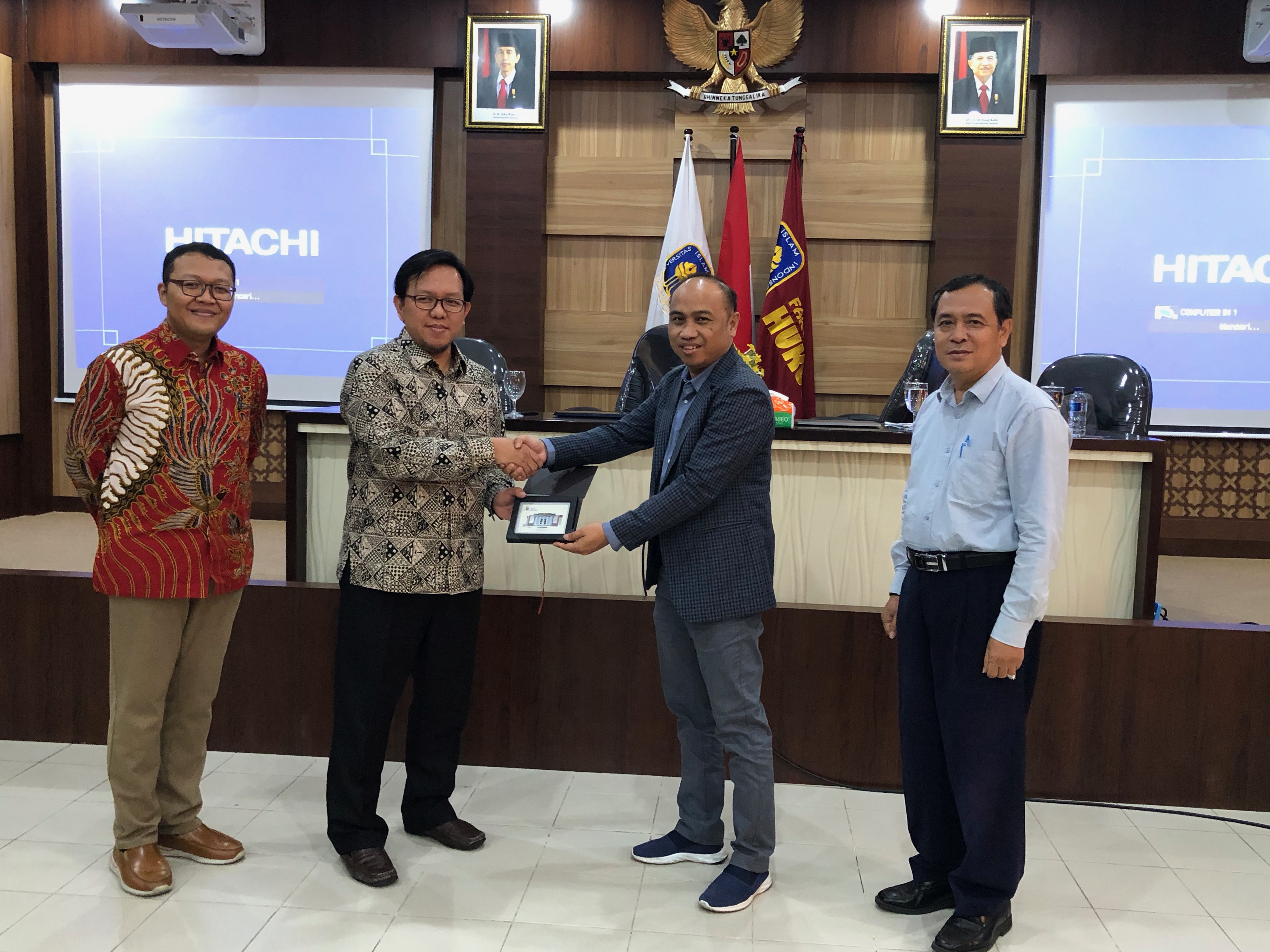
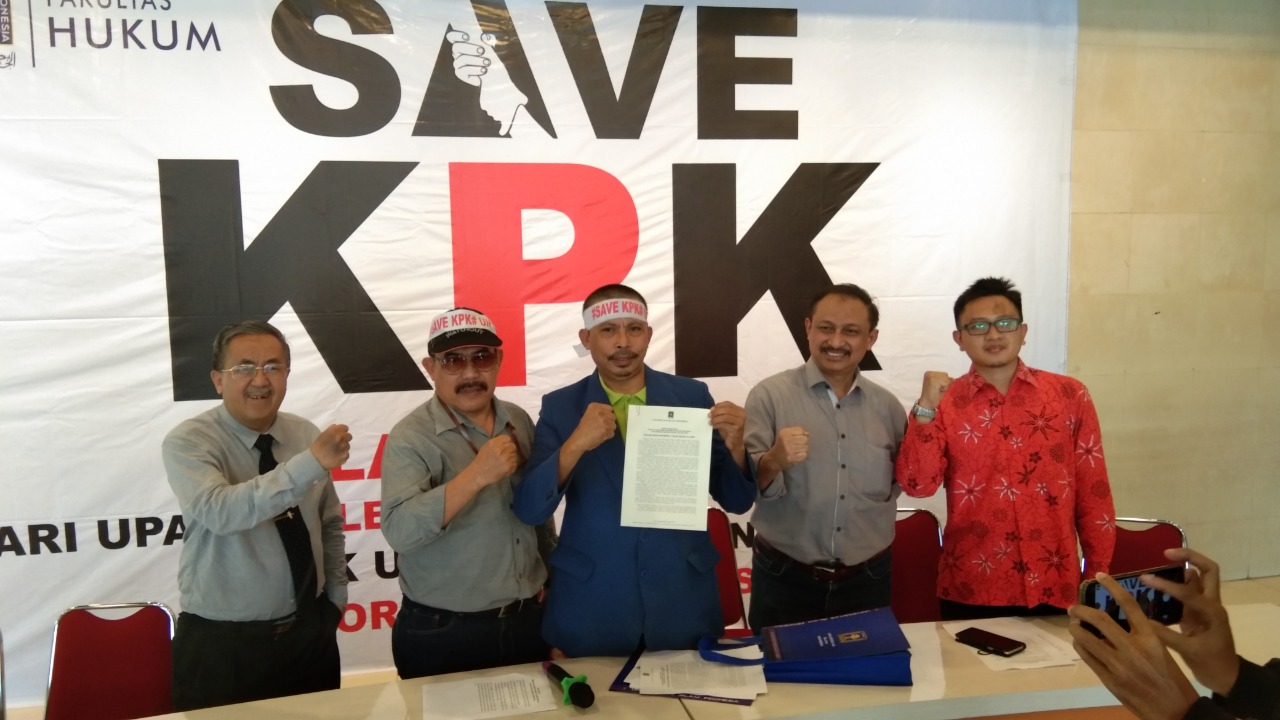
 The Dean of FH UII, Dr. Abdul Jamil, S.H., M.H., stated that UII was ready to declare a motion of no confidence in any party who supported changes to the KPK Law. UII’s tenet is rejects the revision of the KPK Law. We prepare a motion of no confidence in anyone who supports the weakening of the KPK, including the President “, he said.
The Dean of FH UII, Dr. Abdul Jamil, S.H., M.H., stated that UII was ready to declare a motion of no confidence in any party who supported changes to the KPK Law. UII’s tenet is rejects the revision of the KPK Law. We prepare a motion of no confidence in anyone who supports the weakening of the KPK, including the President “, he said. After the press conference, Abdul Jamil and other UII leaders joined the crowd of UII students to take demonstration at the Special Region of Yogyakarta’s Representative Council (DPRD DIY) and Malioboro Street. While giving speeches at the pickup truck, Abdul Jamil led the group to the Abu Bakar Ali Parking Park, which had been waiting for the combined mass of students from various universities in DIY.
After the press conference, Abdul Jamil and other UII leaders joined the crowd of UII students to take demonstration at the Special Region of Yogyakarta’s Representative Council (DPRD DIY) and Malioboro Street. While giving speeches at the pickup truck, Abdul Jamil led the group to the Abu Bakar Ali Parking Park, which had been waiting for the combined mass of students from various universities in DIY.
